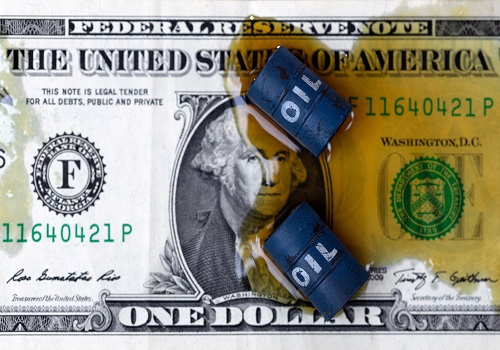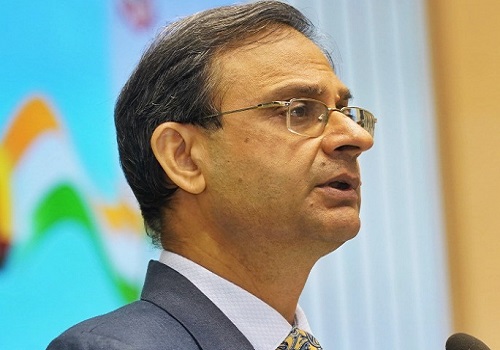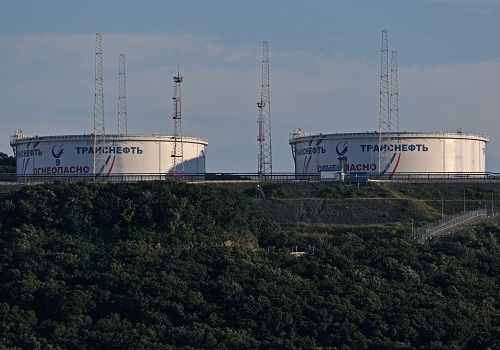Oil eases as Fed caution outweighs talk of OPEC+ cut extensions

Oil prices slipped in early Asian trade on Wednesday as the prospect of a delayed U.S. rate cutting cycle offset the boost provided by talk of extensions to production cuts from OPEC+.
Brent crude futures fell 38 cents, or 0.45%, to $83.27 a barrel by 0110 GMT, while U.S. West Texas Intermediate crude futures (WTI) were down 35 cents, or 0.44%, to $78.52 a barrel.
Investor sentiment has continued to be influenced by signals of a later start to U.S. rate cuts due to concerns over persistent inflation.
On Tuesday, Federal Reserve Governor Michelle Bowman signalled she is in no rush to cut U.S. interest rates, particularly given upside risks to inflation that could stall progress on controlling price pressures or even lead to their resurgence.
This followed similar remarks from Kansas City Federal Reserve Bank President Jeffrey Schmid on Monday. High borrowing costs typically reduce economic growth and oil demand.
On Tuesday, U.S. President Biden said Israel has agreed to halt military activities in Gaza for the Muslim holy month of Ramadan. However, Israel and Hamas as well as Qatari mediators all sounded notes of caution about progress towards a truce in Gaza.
Attacks on ships in the Red Sea by Iran-aligned Houthis in Yemen in support of the Palestinians have increased freight rates and shipping times. A negotiated ceasefire in Gaza could lead to easing tensions in the global shipping artery.
Prices for both crude benchmarks rose more than $1 per barrel on Tuesday after Reuters reported that the Organization of the Petroleum Exporting Countries and allies led by Russia (OPEC+) will consider extending voluntary oil output cuts into the second quarter, to provide additional support for the market. Two sources said the cuts could be in place until the end of the year.
Last November, OPEC+ agreed to voluntary cuts totalling about 2.2 million barrels per day (bpd) for the first quarter this year, led by Saudi Arabia rolling over its own voluntary cut.
Also on Tuesday, Russian authorities announced a six-month ban on gasoline exports from March 1 to compensate for rising demand from consumers and farmers and to allow for planned maintenance of refineries.
























